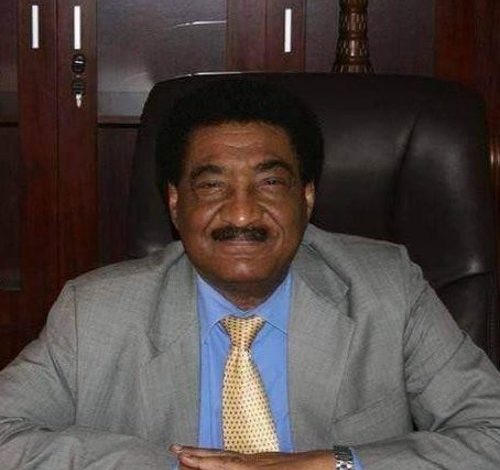A quick Read of SC Resolution 2724 on Hostilities Cessation

By: Ambassador Abdul Mahmoud Abdul Halim
The outcomes of the Security Council (SC) are usually issued either in the form of a statement made by the President of the Council to the media, a press release, a presidential statement, or a security council resolution….Except for those issued by the SC in the form of a resolution, press or presidential statements do not carry force or influence, but rather reflect balances or disagreements on major issues and do not have significant consequences or aftereffects .. Contrary to what is issued by the United Nations General Assembly, whose decisions are considered recommendations. The Resolutions issued by the SC unanimously or by a majority of nine countries without using the veto are legally binding according to Article 25 of the United Nations Charter. However, the degree of binding varies. Resolutions issued under Chapter Seven are binding and force can be used to enforce them. The resolution issued under Chapter Seven is usually referred to in the text of the resolution, so it is noted in the introductory paragraphs that “and acting in accordance with Chapter Seven of the Charter” and is usually pointed out that the situation threatens international peace and security. All elements of the resolution may be under Chapter Seven or in part thereof, as in the resolutions related to peacekeeping operations, where Security Council resolutions permit these forces to use force to protect themselves. Indeed, recent history shows that Britain has intervened militarily with its forces to evacuate its citizens from Sierra Leone. It also fought with the peacekeeping forces to defend the capital, Freetown, in the face of the rebel Revolutionary Front’s attack on it during the civil war in that country. The uses of Chapter Seven itself are gradual, starting with political, economic, and diplomatic measures and reaching their peak in carrying out a siege and major military action. Experience has shown that Chapter Seven has rarely been used to its maximum extent… If Security Council resolutions are legally binding, even those issued without reference to Chapter Seven in accordance with the Charter, then the absence of a reference to that makes failure to implement it possible on the other hand, and the Council itself knows. Otherwise, it would have referred to Mandatory Chapter Seven, which requires the states to agree on it, including the veto countries, and its implementation is an obligation imposed by the parties concerned… Therefore, the SC’s resolution regarding “cessation of hostilities” during the holy month of Ramadan did not start from the station of Chapter Seven, but rather relied on the general principle that it is mandatory to implement the SC’s resolutions. The time frame is specific to the month of Ramadan, and the appeal ends with the end of the holy month unless the SC decides otherwise. What also weakens the SC’s resolution is that it called for a “cessation of hostilities,” which differs from the call for a “ceasefire” which requires implementation, verification and monitoring mechanisms. The entire month of Ramadan will pass before it is agreed to activate it on the ground… So the SC’s resolution is more like an appeal that is cloaked in the SC’s legality and moral authority, and the government has clarified the conditions for its response to this appeal. It is noticed that Britain was the one that took the lead on the draft resolution, and some circles believed that presenting it by the United States, one of the poles of the Jeddah platform, might have been better as a political message, despite the fact that Britain considers itself a “penholder” for Sudanese issues in the SC. It is also noted that the draft was presented after approval of Sudan is on relief tracks, including from Altina Chadian town, and it is known that the issues of ceasefire and relief are concerned with the Jeddah platform and that it has clear commitments regarding them. Although Sudan’s issues have had their fill of the indulgence of foreign hands and internationalization, the British project has crossed internationalization to another remarkable stage, and it must be discussed. Regarding the many hands being immersed and the confusion and doubt they create regarding the reference to a conference on humanitarian issues that France intends to hold in its capital without consulting Sudan. We would like to point out that the SC adopted at the same session Resolution No. 2725 under Chapter Seven to extend for one year the Action Group of experts on the embargo on supplying weapons to Darfur.



